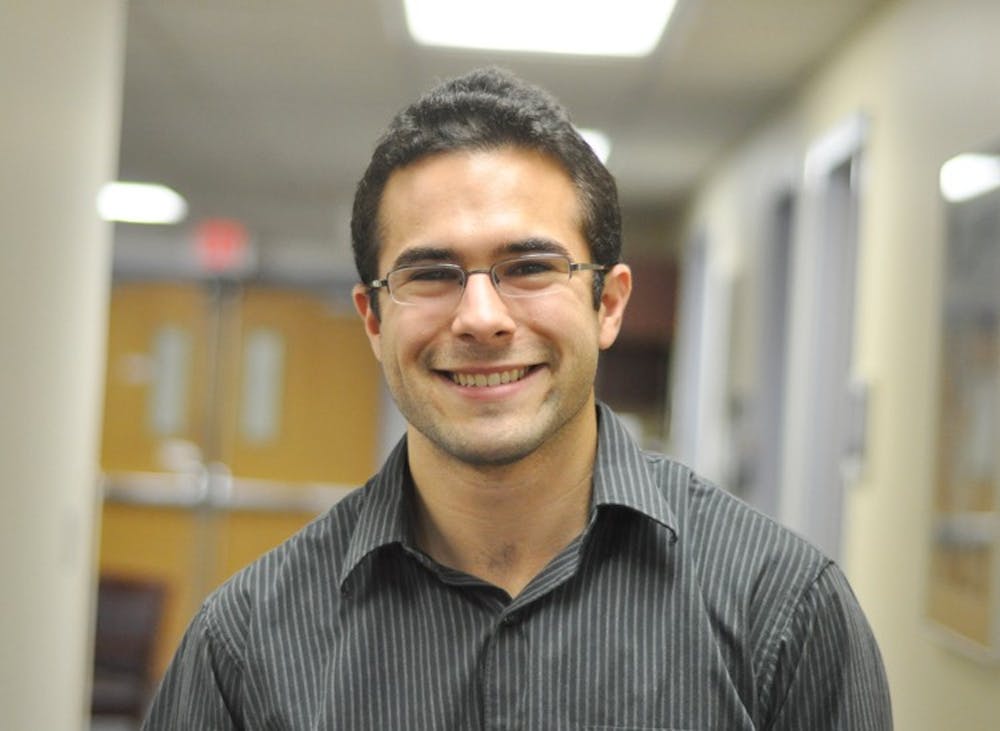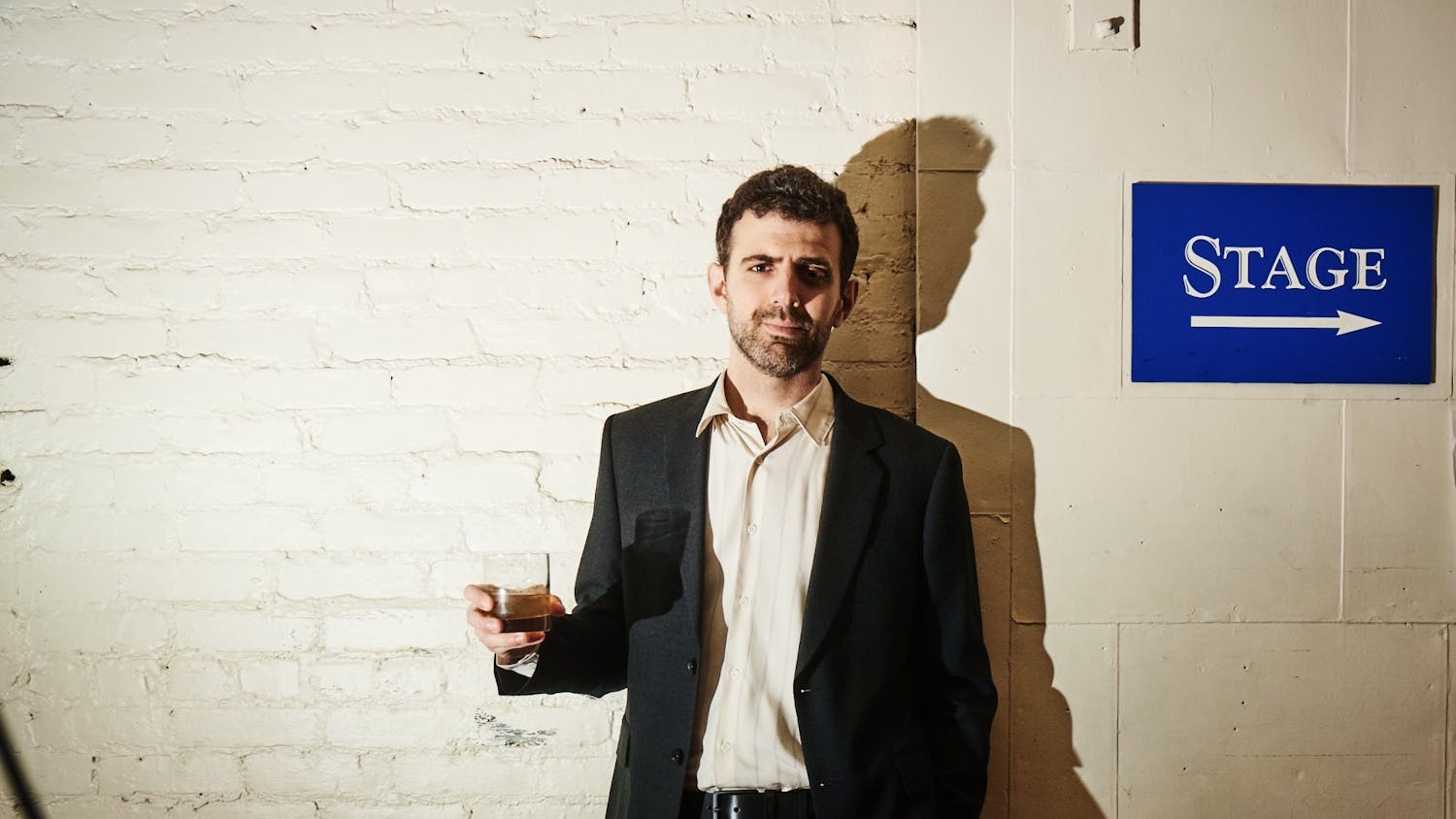Correction Appended
The part-time sexual assault health educator position in the Wellness Center will become a full-time position May 1 with additional duties for sexual assault services.
Daniel Rappaport, the current sexual assault health educator, is applying for the new, 40-hour position as sexual assault prevention coordinator after serving part-time since September, though the position has also been opened up to other applicants.
“Twenty hours is not enough to achieve all the goals we want to achieve,” Rappaport said, adding that the increase in hours will allow the University to expand its services for sexual assault prevention and education.
Associate Dean of Students Michelle Espinosa said the change in title reflects the new duties of the position, allowing for a more increased focus on interactions between students and the individual hired for the job.
Currently, Rappaport’s duties include providing workshops upon request for classes and on-campus organizations, as well as heading the Men Creating Change group. The new position will continue these duties, while also overseeing a variety of new programs.
“Right now, with the position at 20 hours a week, it's hard for any of that programming to really be put into action,” said Victoria Bosselman, deputy director of Women’s Initiative.
Specifically, the sexual assault prevention coordinator will lead the implementation of the “Green Dot” program, a way to involve potential bystanders in stopping and preventing instances of sexual violence.
The program categorizes any action or behavior that perpetuates a culture of accepting sexual violence as a “red dot” and any action or behavior that fights back against this culture as a “green dot.”
The basic message, “red dots bad, green dots good,” has been effective at other universities in addressing and preventing sexual assault, according to the program’s website.
The sexual assault prevention coordinator will also work with a new group of peer educators, developing content and managing the logistics of peer-led workshops and education on various topics in sexual violence.
“In order to change culture, we need to start educating from the ground up,” Rappaport said.
Rappaport said these programs will provide the education and awareness necessary to start to change students’ attitudes toward sexual assault.
“It’s such an important issue, it’s a real issue, but a lot of people just don’t understand how prevalent sexual assault actually is,” he said.
The biggest challenge faced by these new programs will be to engage students, according to Rappaport.
He said that the activism of a few groups, such as Women’s Initiative, around this “hot button” issue may make other students feel like it is exclusively a Women’s Initiative issue, rather than a universal one that affects all students.
“The best way to market these services is to have students utilize the programs and services that it offers, to really get the bang for their buck from this new position,” Espinosa said.
Rappaport also said that even with the expansion of services offered through the new position, he still will not have confidentiality, which prevents him from serving as an intermediary between victims and on-campus resources and services.
“We need to set up the education piece before taking on advocacy,” he said. “They are each easily 60-hour per week commitments, and I can’t do both at once.”
But he said becoming a victim advocate may be part of his job description in the future, after education programs are more firmly in place.
“It's crucial that the administration work to give licensing for confidentiality to the position once it is full time, as the lack of confidentiality means that he cannot walk a student through his or her options following an assault,” Bosselman said.
nlavin@theeagleonline.com
Correction: In the original version of this article, the position was misidentified as the sexual health educator. The correct title is sexual assault health educator.





